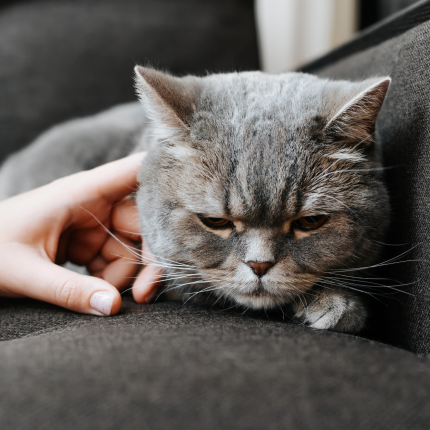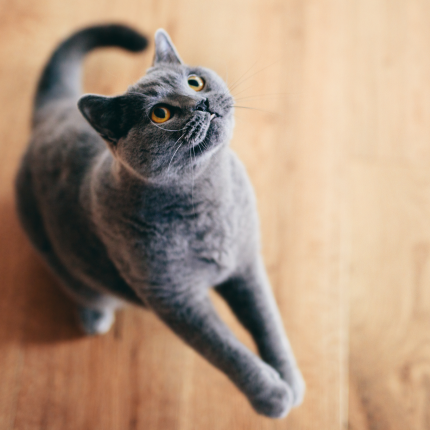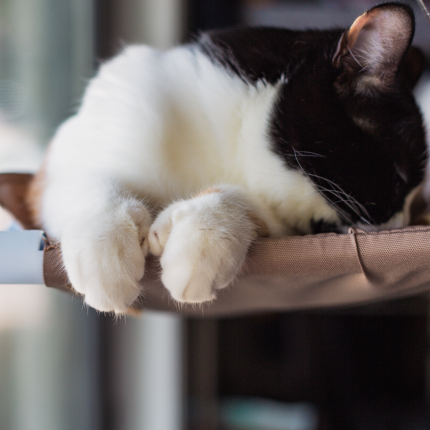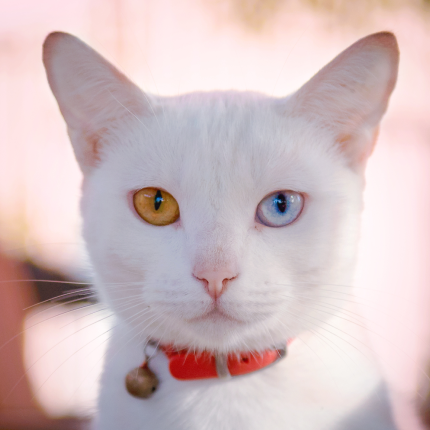Study Reveals Cats Show Signs of Mourning After Losing a Friend

The death of a pet can be an overwhelming experience for any owner. Still, recent research suggests that the emotional toll extends to the surviving animals in a household as well. A recent study has provided compelling evidence that cats exhibit significant signs of grief following the death of another pet in the same home.
Study Overview and Methodology
To understand how cats respond to the loss of a companion, researchers conducted a comprehensive survey involving 412 cat owners. These owners were asked to report on the immediate and long-term changes they observed in their surviving cats following the death of another pet. The study focused on various behavioral indicators, including changes in sleeping patterns, eating habits, social interactions, and overall demeanor.
Behavioral Indicators of Grief in Cats
The study found that many cats displayed key grief indicators after losing a fellow pet. These behaviors included alterations in sleeping patterns, such as increased or decreased sleep; changes in eating habits, including reduced appetite or changes in feeding routines; and shifts in social behavior, such as increased solitude or heightened attention-seeking. Additionally, cats were observed to spend more time hiding and exhibiting behaviors associated with stress and discomfort.
One notable finding was that the extent of these grieving behaviors varied based on the relationship between the surviving cat and the deceased animal. Cats that had lived with the deceased pet for a more extended period exhibited more pronounced signs of mourning. This suggests that the depth of the bond between the pets plays a significant role in the grieving process.
The Influence of the Owner’s Emotional Response
The study also revealed that the owner’s emotional state influenced the surviving cat’s response to the loss. The researchers noted that the level of grief experienced by the owner seemed to correlate with the behavior of the surviving cat. This indicates that cats may reflect their caregivers’ emotional responses, further illustrating the interconnected nature of human-animal relationships.
Challenging Stereotypes About Cats
These findings challenge the stereotype of cats as aloof and emotionally distant animals. Historically, cats have been perceived as more independent and less emotionally expressive than dogs. However, the results of this study suggest that cats have a more complex emotional landscape than previously understood. The evidence of mourning behaviors in cats highlights their capacity for emotional depth and their ability to form meaningful bonds with other animals.
The study’s results underscore the importance of recognizing and addressing the emotional needs of pets, particularly during times of loss. Understanding that cats can experience grief and exhibit mourning behaviors can help owners provide better support and comfort to their surviving pets. This may involve offering additional attention, maintaining a stable environment, and being attuned to the emotional needs of the grieving cat.
The Broader Context of Animal Grief
The research on feline grief aligns with similar findings in other species, such as dogs, which have also exhibited grief-like behaviors following the loss of a companion. This body of research contributes to a growing understanding of how animals experience and process emotions, reinforcing that the psychological experience of loss is not limited to humans but is present across the animal kingdom.
The study provides valuable insights into the emotional experiences of cats following the loss of a companion. The evidence of mourning behaviors in cats challenges existing stereotypes and highlights the need for a deeper understanding of feline emotions. By acknowledging and addressing the emotional needs of grieving pets, owners can foster a supportive and compassionate environment for their animals during times of loss.

Featured Articles

Greebles and Cats: The Origin and the Meaning
You may have seen an internet sensation concerning cats labeled “greebles.” Feel out of the loop? We’re here to help you. In 2019, Reddit user /user/literallyatree commented on a Reddit post about a cat that looks like it’s trying to slap a ghost. This user commented: “My family calls things…

Polydactyl Cats: Just More Beans to Love
Polydactyl cats have become extremely popular in recent times. As a result, more and more people are interested in learning more about this six-toed cat and want to get one of their own. If you are a cat lover intrigued by polydactyl cats, you have come to the right place….

The Odd-Eyed Cat (AKA Heterochromia)
Cats are already beautiful and fascinating creatures, but people are bound to take notice when they have something as captivating as two different colored eyes. Odd-eyed cats always have one blue eye paired with either a green, yellow, or brown eye. This form of heterochromia occurs in other animals, including…
